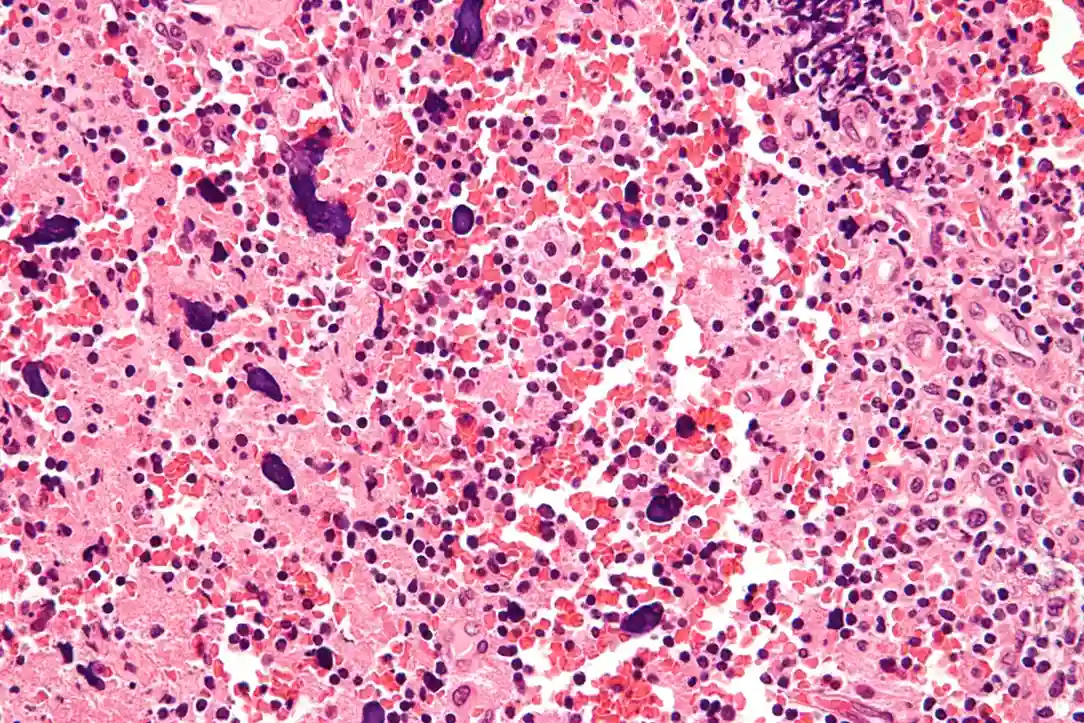Lupus is the most well-known of all autoimmune diseases. It is an autoimmune disease that can range from very mild or episodic symptoms to a serious chronic illness affecting internal organs. Lupus can cause inflammation in the joints, skin, kidneys, blood cells, brain, heart and lungs. Symptoms vary from person to person but can include fatigue, joint pain, rash and fever, which can periodically become worse, or flare, then improve.
What are Symptoms of Lupus?
Lupus is categorized into three subtypes: cutaneous lupus, mild systemic lupus, and severe systemic lupus. Cutaneous means “of the skin” so cutaneous lupus refers to skin-limited disease. This is typically treated by a dermatologist rather than a rheumatologist. If symptoms are affecting the rest of the body, that is called systemic lupus and that is treated by a rheumatologist. Mild systemic lupus refers to symptoms affecting peripheral parts of the body. While mild lupus can affect the quality of life, it is not serious or life-threatening. Manifestations of mild systemic lupus include joint pain, hair loss, rash, fatigue and anemia. Severe systemic lupus refers to when internal organs are affected and can potentially be serious or life-threatening. Manifestations of severe systemic lupus include lupus nephritis (kidney inflammation), diffuse alveolar hemorrhage (bleeding from the lungs) and lupus cerebritis (brain inflammation). Patients affected by severe systemic lupus are often diagnosed and treated in the hospital setting.
How is Lupus Diagnosed?
Diagnosis of lupus can be challenging since lupus symptoms are frequently nonspecific or come and go. The Systemic Lupus International Collaborating Clinics (SLICC) classification criteria can help when the diagnosis is not clear. The SLICC criteria require four or more features to be met with at least one clinical and one laboratory criteria, or biopsy-proven lupus nephritis with a positive ANA or dsDNA. The SLICC clinical criteria are a list of various lupus symptoms, and the laboratory criteria refer to relevant bloodwork of immunologic findings.
What Does Treatment Look Like?
Treatment of lupus depends on which type of lupus and what the active manifestations are. As described, lupus is organized into three categories. Cutaneous lupus is treated by the dermatologist with topicals, injections into the skin, and oral or injection medications if the prior do not respond. Hydroxychloroquine is a medication that has been proven to be useful in all patients with systemic lupus, as research has shown it reduces the frequency and severity of flares. Immunosuppressant medications are often needed for severe systemic lupus, but can sometimes be tapered if the condition goes into remission. Sun avoidance, sunscreen usage, healthy nutrition, physical activity, and reducing stressors, are recommended for all patients with lupus.
Talk With Our Doctor About Lupus
If you’re concerned that you might have Lupus, please reach out to our doctor. You can schedule an appointment with Dr. Lomibao, a rheumatologist in Dallas, Texas, by calling our office or filling out our Request Appointment form. Lomibao Rheumatology & Wellness Care is a full-service rheumatology clinic with an on-site infusion lounge and telehealth services available for established patients. Lomibao Rheumatology & Wellness Care is currently accepting new patients, and we welcome you to join our family by contacting us today!
Lomibao Rheumatology & Wellness Care – Caring for the community we are so privileged to serve!


